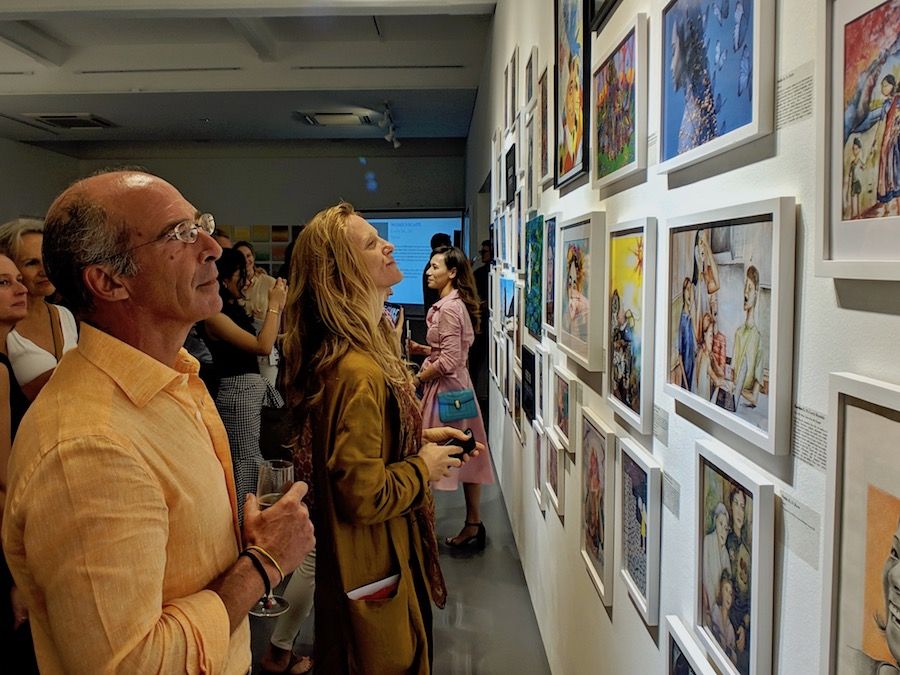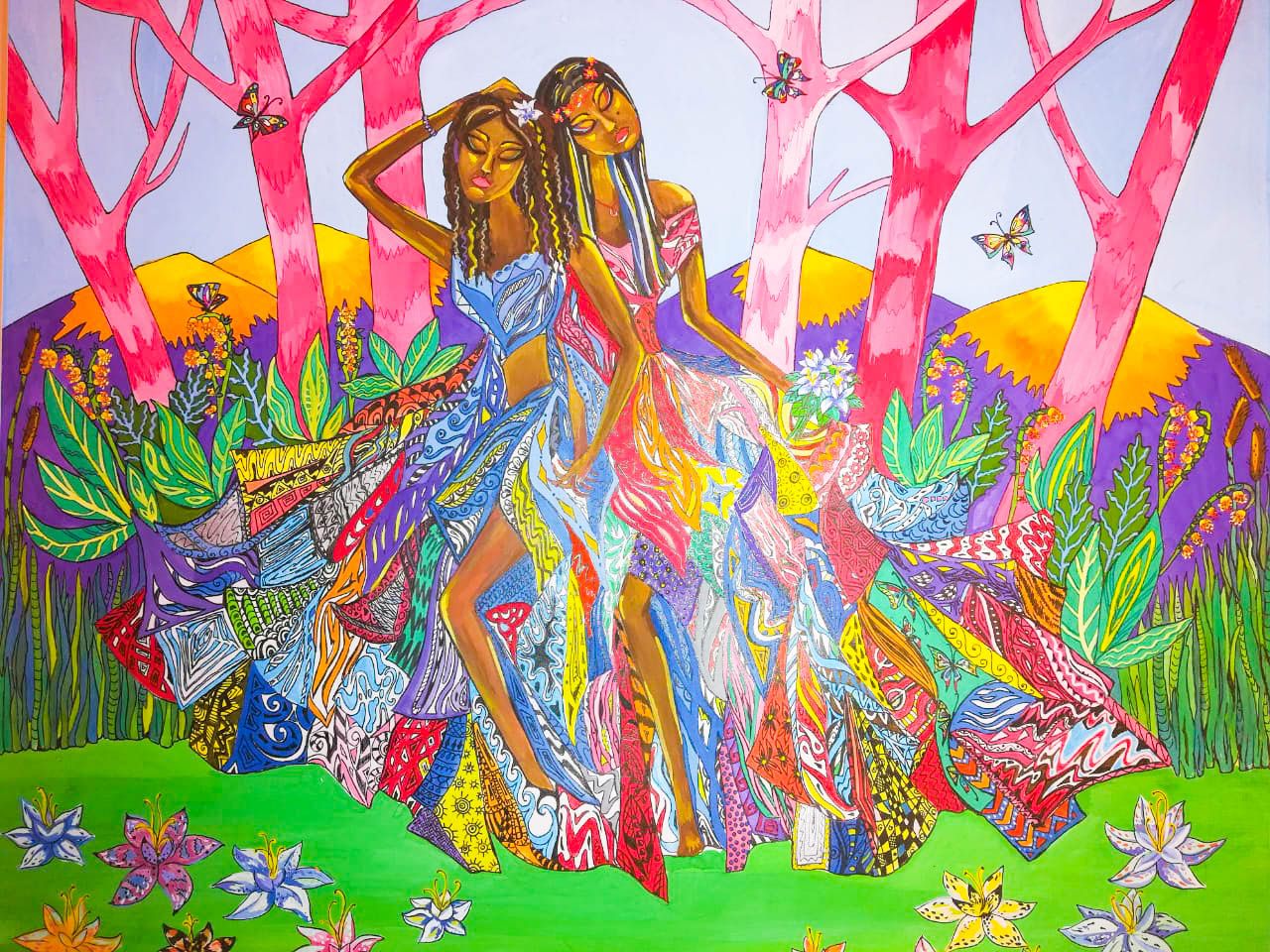In addition to flexible working hours, company laptops and phones are provided to allow parents to work from home when needed. We’ve also made improvements to the workplace environment, providing comfortable rest areas and also hot desking. I think the ideal is for us to provide support to employees who are mothers—and parents in general—such that they don’t feel stressed out or feel like they have to give up working to raise their family. This way, the company can also retain valuable talent. A total win-win in my opinion.
You’ve lived in and travelled to many different countries for work and personal reasons. How has your diverse experiences with different cultures and lifestyles shaped the way you view gender equality issues?
KD I was born in New York and have lived in Frankfurt for work, so I did observe the differences between their cultures and that of Japan. In Japan, the perceived role of a woman seems more distinctively defined, and these definitions tend to be passed down from one generation to the next. But its current environment necessitates change.
With an ageing population and declining birth rates in Japan, I believe there will naturally be shifts in society that will try and mitigate these issues. How can we make our society more conducive and appealing for young couples to have children? Do we need to start questioning if our traditional definition of “family” still applies today? What does the modern family look like, and do current policies cater to these various definitions?
I remember a policy that we had in place at our Frankfurt office regarding staff travel benefits. This was more than ten years ago by the way. Usually, air ticket discounts are extended to staff, their parents, children and spouse. In Frankfurt, however, we didn’t limit it to a legally married spouse and also included life partners, regardless of gender. As the social norms in Germany are as such, in order for JAL to hire and retain good employees locally, we made the decision to recognise other definitions of “spouse”.






